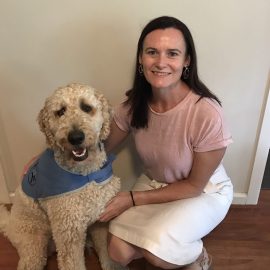
Self esteem is how we regard ourselves. People with a healthy or positive self esteem are generally happy and accepting of how they are: they know they have strengths and weaknesses but can be proud of their achievements and are content with who they are as a person. People with low self esteem are generally not happy with themselves and this can impact significantly on their lives. Low self esteem can develop early in life and possible contributing factors include early childhood experiences, negative relationships, bullying and not being able to meet unrealistically high expectations. Low self-esteem can be experienced together with other difficulties including Depression, Social Anxiety, Eating Disorders and Self Harm.














